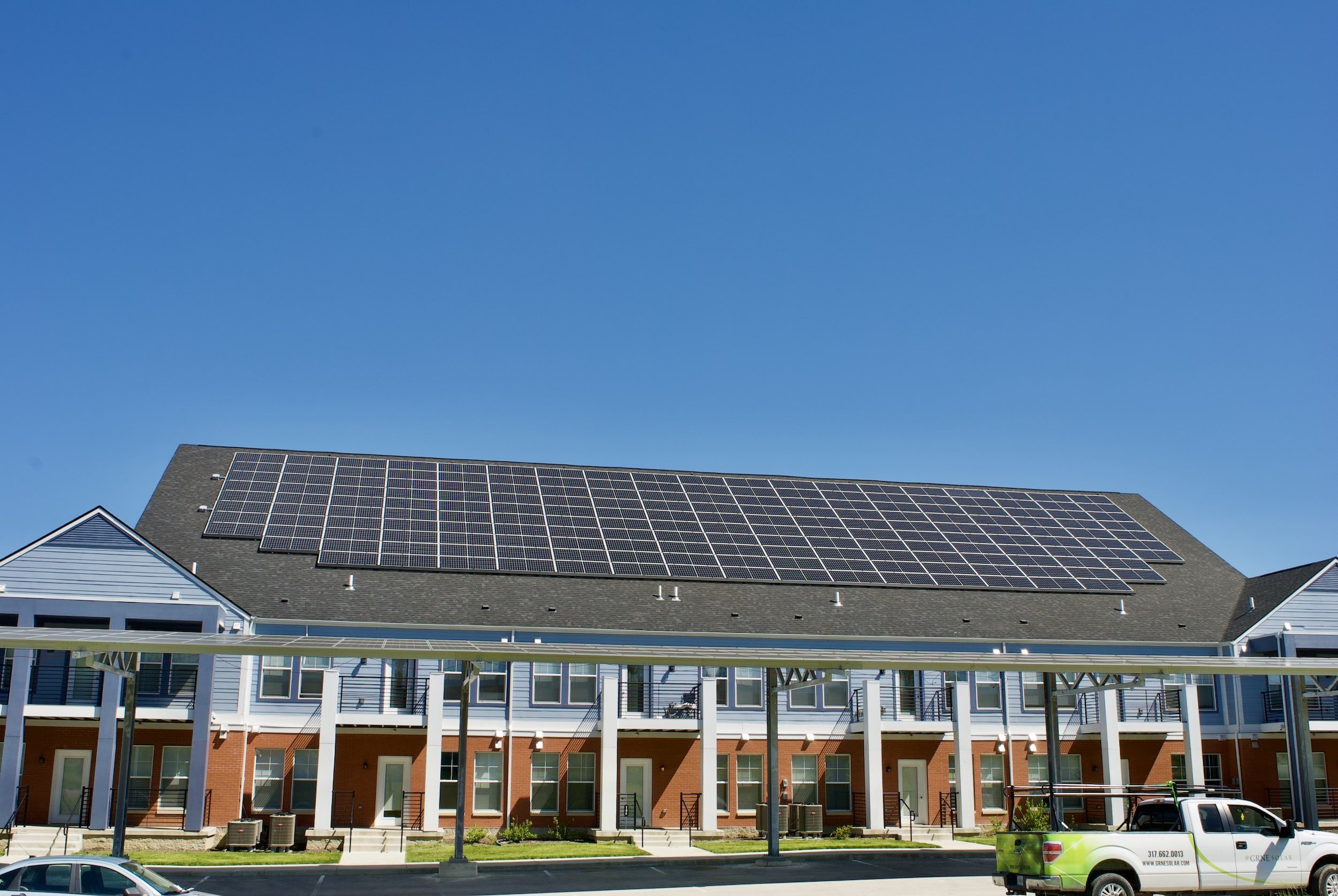
RESIDENTIAL SOLAR
Power Your Home
The cost of solar energy goes down each year as more Americans are switching to solar to power their homes. Solar energy is sustainable, renewable, and plentiful. Currently, there are over a million solar installations across the country. Below are additional benefits of this alternative source of energy.
Cost Savings
Tax incentives and reduced monthly utility bills are major financial incentives for going solar. The exact savings you will see with solar depends on the following:
Electricity consumption
Solar energy system size
Whether you purchase or lease your system
Direct hours of daily sunlight
Size and angle of roof
Local electricity rates.
A solar electric system provides an opportunity to cut back on energy costs by making a long-term, low-risk investment on alternative, sustainable power.
Increased Home Value
Solar-powered electricity is considered a modern upgrade in the residential property market. Similar to a renovated kitchen or a finished basement, installing a solar energy system will likely increase your home’s value.
Studies show that homeowners pay a premium for a solar home; one study by Lawrence Berkeley National Laboratory showed that on average, solar increased the value of a home by about $15,000. Although market factors like electricity rates and system size may impact the size of the premium, solar-powered homes can sell for more than homes without them.
Solar Works Everywhere
Solar energy is abundant in most parts of the US. In fact, just one hour of noontime summer sun is equal to the annual U.S. electricity demand. Even places with relatively less sunny climates, such as the Pacific Northwest and Alaska, can experience cost savings by installing solar energy systems.
Environment-friendly
Each kilowatt-hour (kWh) of solar energy that is generated will substantially reduce greenhouse gas emissions like CO2, as well as other dangerous pollutants such as sulfur oxides, nitrogen oxides and particulate matter.
